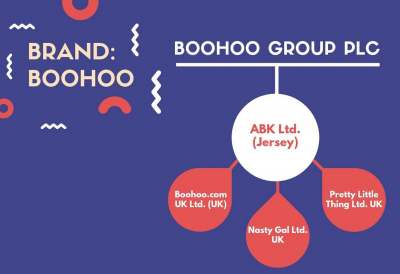The fashion sector has a lot to answer for and has been heavily criticised in relation to the environment and workers rights.
Ethical Consumer has also found that the companies behind many fashion brands, including the leaders of the fast fashion world, are either incorporated, or own high-risk subsidiaries in jurisdictions considered by Ethical Consumer to be tax havens.
Tax avoidance is worth a lot: according to the Tax Justice Network, an estimated that $500 billion in tax globally is avoided by multinational corporations annually.
It is important to state that the incorporation of a company in a tax haven does not necessarily mean that the company or group in question is avoiding tax. However, it does allow for the possibility of tax avoidance and so it is important to highlight it.
Ethical Consumer’s rating assesses whether a company is likely to be using tax avoidance strategies. If a company has two or more high-risk company types which do not serve the local population, or its ultimate holding company registered in countries on our current list of tax havens, it will score 0/100.
For more details about our tax avoidance rating, see the bottom of this page.
Ethical Consumer rating for likely use of tax avoidance strategies
| Low (under 40/100) | Moderate (40-60/100) | High (over 60/100) |
|---|---|---|
| Amazon | ASOS | H&M |
| ASDA | Gap | Marks & Spencer |
| Boohoo, Burton, Coast, Debenhams, Dorothy Perkins, Karen Millen, Miss Pap, Nasty Gal, Oasis, Pretty Little Thing, Wallis, Warehouse (Boohoo Group Plc) | Nobody's Child | |
| I Saw It First, Jack Wills | Patagonia | |
| Mango | Seasalt | |
| Missguided, Romwe, Shein | Uniqlo (Fast Retailing) | |
| Next Plc (inc. Fat Face) | White Stuff | |
| New Look | ||
| Oysho, Zara, Pull & Bear, Stradivarius (Inditex Group) | ||
| Primark (Associated British Foods) | ||
| River Island | ||
| Tesco | ||
| TK Maxx | ||
| Sainsbury’s | ||
| Temu |






